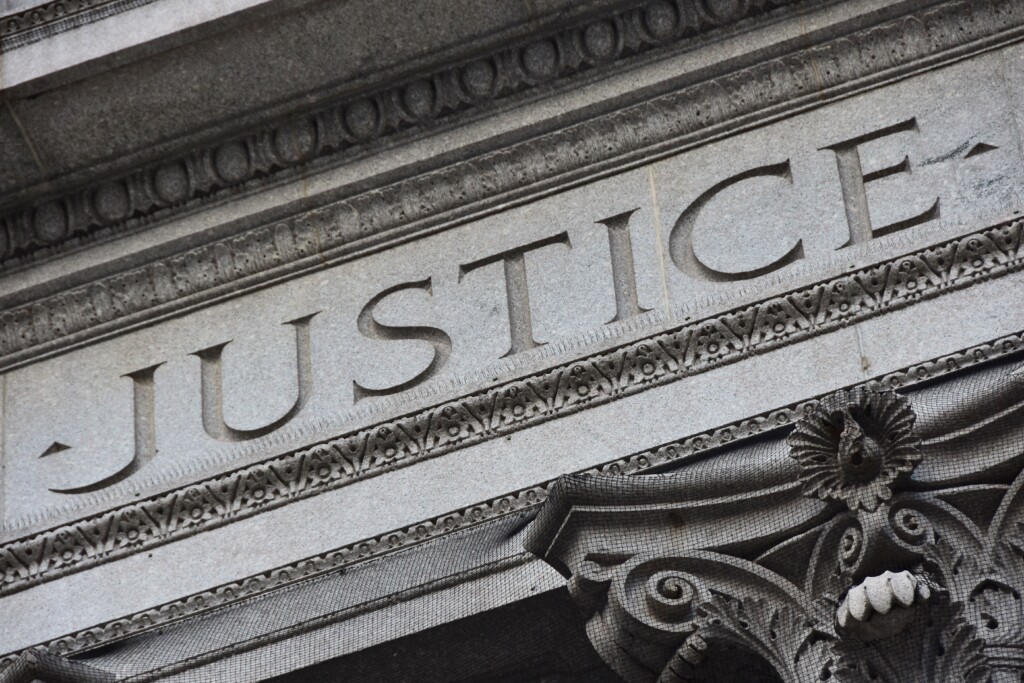Anyone who commits a crime in Canada will be charged. For more severe offenses, an indictable offense will be incurred, and for minor offenses, a summary offense will occur. These consequences vary in every instance based on the offense that’s been committed.
What’s the effect of committing one of these offenses before you were 18? In law, younger offenders are initially tried differently from adults over 18. In cases with younger offenders, they are often sent to treatment facilities or rehabilitation centers.
WHAT IS A YOUTH RECORD?
If youthful offenders have charges filed against them, it remains on their record, including the results of guilt, sentencing received, and other facts about their completed sentences.
Depending on the case’s outcome, the duration of a childhood record may vary widely. Young offenders are often given special privileges, such as having their cases heard in Youth courts, keeping their anonymity from any articles on the case, and receiving less severe penalties.
DURATION OF A YOUTH RECORD
When a child has a minor conviction on their record, it remains there for 3 years. If a child has a more serious conviction on their record, it remains there for up to 5 years. The time spans begin when the last sentencing was given to the child offender.

Crimes such as violent crimes and sexual assault may result in a conviction lasting up to 10 or more years on a young offender’s record. Also, penalties for very serious crimes may stay on the young offender’s record until they reach 18 and remain there until the set time period expires.
There is a period called the ‘Access Period’, during which some people are able to access a youth offender’s record, including law enforcement, judges, and others.
If a minor victim of a crime turns 18 and another crime is committed, it becomes part of their adult record. The record will be permanent unless it is erased with a pardon.
WHEN IS A PARDON IS NEEDED
An offender’s record is removed once they’ve turned 18.
If youth records are not pardoned and associated adult convictions follow, both your adult and youth records will remain locked in until a pardon is received for both records.

If they receive convictions up to the age of 18 and no convictions were added afterward, the criminal records will be sealed after the end of the Access Period.
They might be treated differently since their records are being sealed following the Access Period but do bear in mind that any further convictions will require a pardon to be removed.
If you already have a criminal record that you are facing repercussions regarding your daily life; a pardon is the best solution.
Apply Now for a Pardon today.